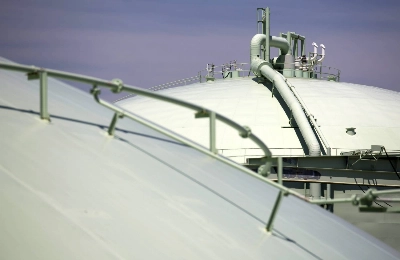HONG KONG -- The latest Sri Lankan political crisis is still unfolding. The peace process, expected to end the state of civil war, is endangered. So is the future of Sri Lankan democracy. At the very moment when foreign-aid pledges worth more than $4 billion are waiting to be fulfilled, some Sinhalese politicians are once again putting political-communal maneuvering before economic considerations. Whatever the course of events on the surface, there are three underlying causes for anxiety.
First, a firm consensus still does not exist within the Sinhalese majority community on how or whether the peace process should be pursued. Once again there is the danger that the Sri Lanka Freedom Party (SLFP), will try to arouse Sinhalese nationalism, as the Bandaranaike family first did in 1956, hoping thereby to unseat the United National Party (UNP) on the grounds that it is soft on the Tamils.
The Tamil offer of a ceasefire in 2000 was rejected by President Chandrika Bandaranaike Kumaratunga, then leading a SLFP government. When the same offer was repeated a year later, Prime Minister Ranil Wickremesinghe, fresh from the UNP's narrow victory at the December 2001 polls, accepted it.
















With your current subscription plan you can comment on stories. However, before writing your first comment, please create a display name in the Profile section of your subscriber account page.